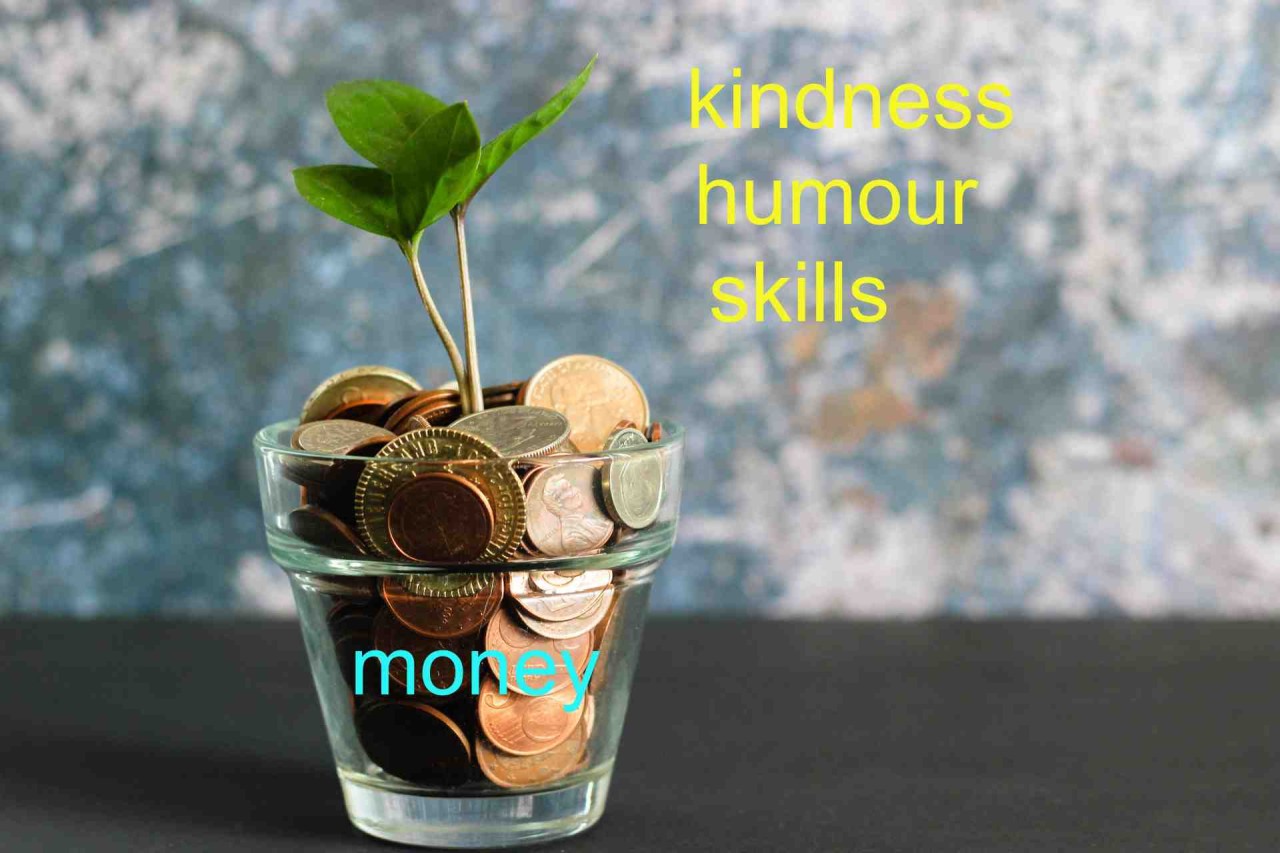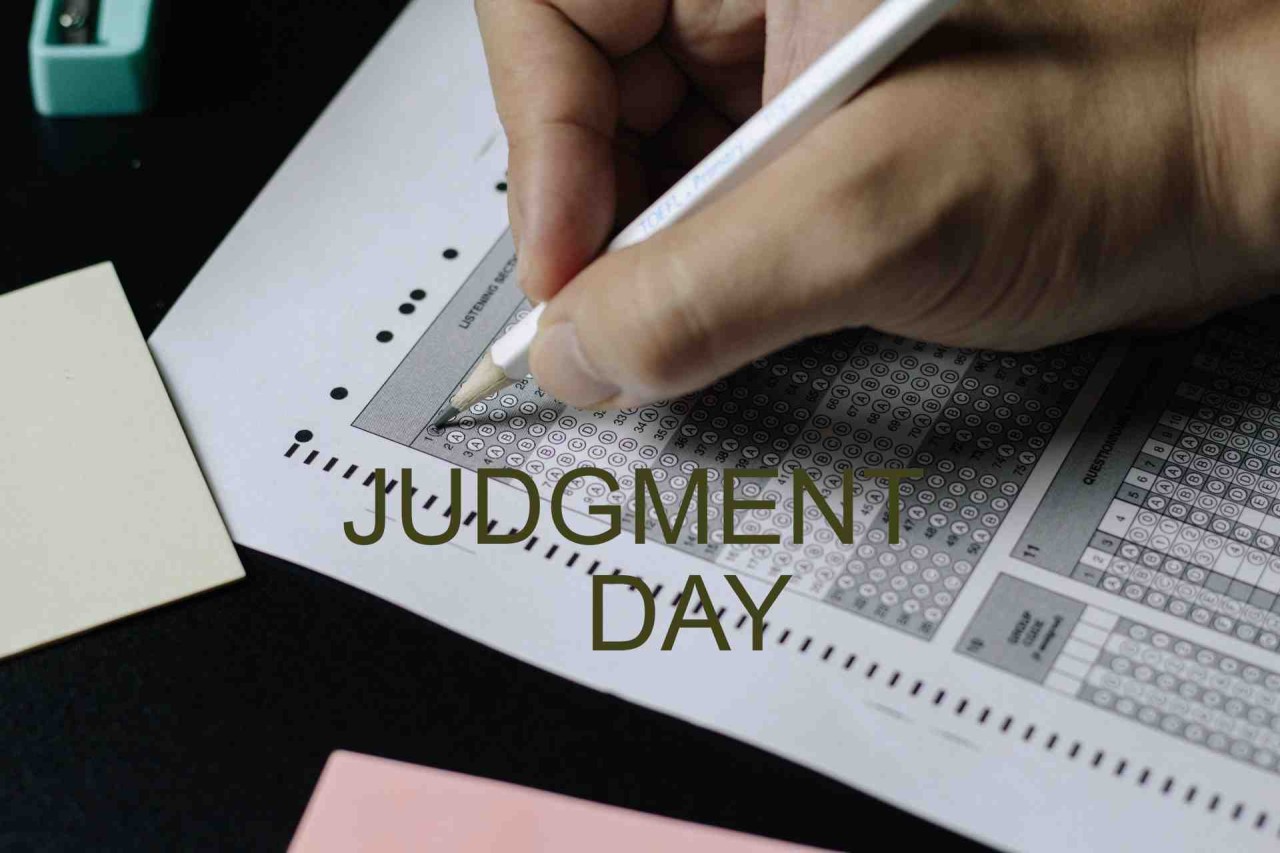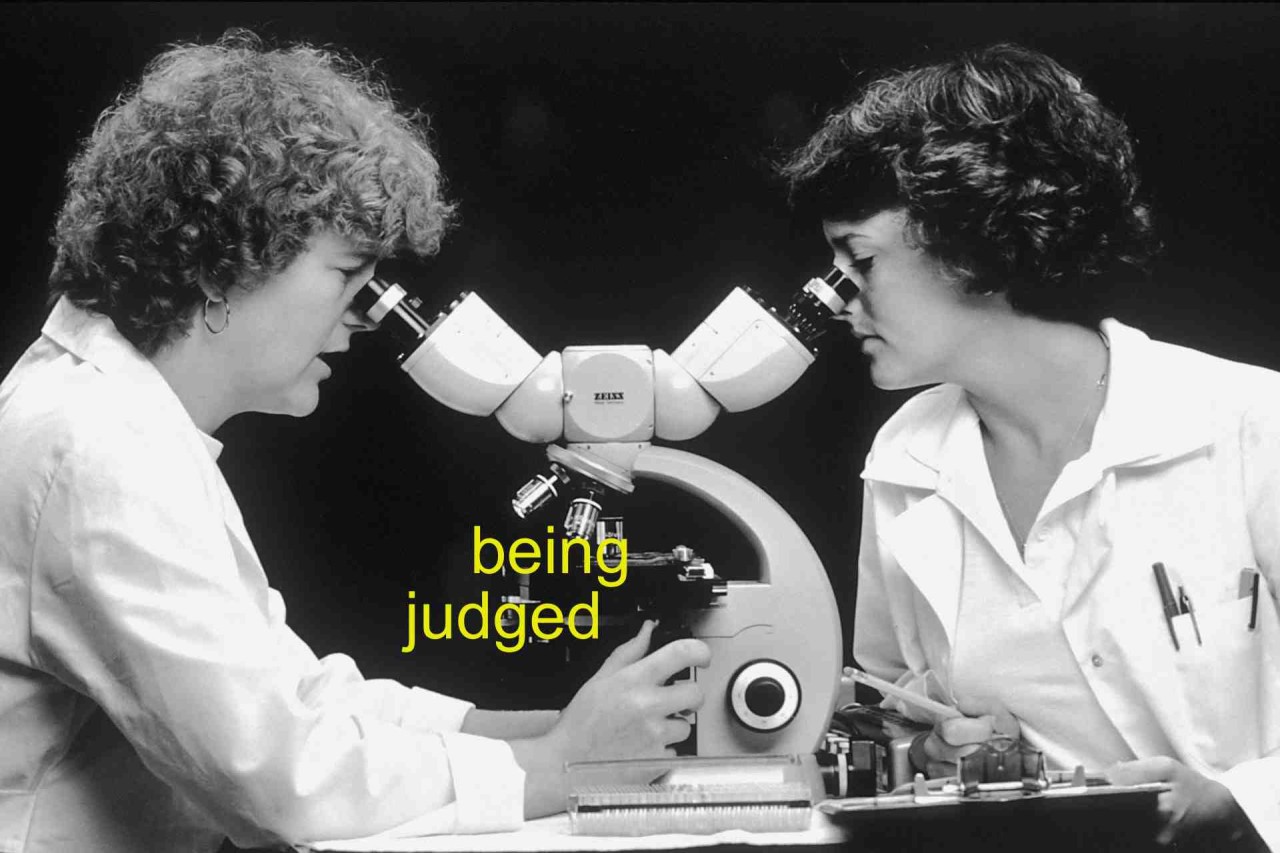Feeling judged pressure - pt 7
What are you worth ?
How much are you really valued by others ?
- "good enough" mum or dad ?
- "loved enough" by your partner ?
- "liked enough" by your friends ?
What about your line manager ?
The most important, for many, is how much we are paid to do the job. The higher the salary, the more we feel valued.
Is it just about the money ?
What if your line manager treated you like a robot ? How would you feel ?
Being treated like a robot at work by your line manager may mean your value to them is:
- The job and tasks you do for me are important, not you as a unique human being.
- Your reward is your pay not the relationship I have with you.
- How I as a line manager view myself at work is directly related to what you can do for me.
- The better you perform, the better I feel about myself.
Photo by Visual Stories || Micheile on Unsplash
Let's return back to what you are worth to others that know you:
- Money – the income I earn
- Kindness – placing others first
- Humour – enjoying the moment with others
- Skills – helping others achieve.
When others are judging your worth, these collective judgements help form your social status at work. This is the prestige attached to you, a rank or position you earn by your own achievements (achieved status). This is different from your formal "social hierarchy" work role (ascribed status) that also includes your gender, race, and socioeconomic background.
This form of pressure: being judged affects your self-esteem. Self-esteem is how much you appreciate and like yourself regardless of the circumstances. It's based on our opinions and beliefs about ourselves, which can sometimes feel really difficult to change. Your self-esteem can affect whether you:
- are able to make decisions and assert yourself
- feel able to try new or difficult things
- move past mistakes without blaming yourself unfairly
When others judge us negatively at work, it can lower your social status and consequently your self-esteem. We then tend to see ourselves and our life in a more negative and critical light. We also feel less able to take on the challenges that life throws at us.
Photo by Dietmar Becker on Unsplash
Let's focus on work tasks:
- pressure anticipating someone judging you doing a job
- the pressure increases if they are observing you
- which gets worse if they give you unhelpful feedback
This may lowers your self esteem, if those comments are unfair or too harsh.
Judgement pressure is particularly strong when you feel you are being compared to others doing the same task.
We have a natural tendency to evaluate our self by making comparison to others. We form a "benchmark" of ourselves by which we can make accurate evaluations of ourselves. People constantly evaluate themselves, and others, in regards attractiveness, wealth, intelligence, and success. As much as 10 percent of our thoughts involve comparisons of some kind.
Theodore Roosevelt called comparison "the thief of joy". Social comparison can fuel competitive or superior attitudes. If this is your line manager, then the consequence of judgemental pressure can become overwhelming.
Photo by Nguyen Dang Hoang Nhu on Unsplash
The pressure is even more powerful when it comes to being judged on your performance on a task or coming up with a solution to the problem.
Your performance will be enhanced or impaired in the presence of people who approve or disapprove of your actions. This is "evaluation apprehension" pressure.
If you feel you are being judged, Ask yourself why ? Here are some reasons,
- A person with health and safety responsibility at work carrying out a site inspection.
- A supervisor assessing your work competency.
- Senior managers monitoring team or department performance.
- Work colleagues who do not like you or are jealous of you.
- People at work whom you do not know well but have listened to and believe malicious gossip about you.
We make hundreds of judgements about people every day. Within the first few seconds of meeting someone, our brain makes many different "likeability" decisions including their intelligence, social status, work role, competence and trustworthiness.
When people make you question your character, work decisions or tasks, they can make you feel judged inferior. They might not intend it, but the feeling of judgment is still hurtful.
Pressure builds if you feel negatively judged. The more important that person, is the more hurt you feel.
Photo by National Cancer Institute on Unsplash
Health and Safety, pointing out something, a Line Managers formally appraising you or Senior Managers spotting trends will feel you are being judged, pressure will be present and to some extent acceptable and fair.
There's a big difference between accidentally judging someone and going out of the way to judge.
People at work who do not like you, or want some advantage over you or enjoy spreading falsehood about you, that kind of pressure becomes more intense because we feel a sense of injustice.
People who intentionally use judgements, can deliberately cause you to become isolated at work. But their actions can also make you feel shame.
You feel more intense judgement pressure if you are being watched by strangers while doing a work task, are the centre of attention with people you know well or being in the presence of people in authority when working.
Photo by Alison Courtney on Unsplash
Are they judging you or are you judging yourself ?
If somebody doesn't agree with what you are doing or how you are behaving, that pressure can twist inwards. Evaluation pressure can come from within for many reasons. For example: You are not living to your standards or you are a perfectionist. "Nothing is good enough". The pressure of someone else's judgment can lower how you feel about your self. (self worth).
Pressure builds when you blame yourself. Self blame, causes pressure to turn inwards so you feel guilt. Feeling guilty you are not achieving an important task, further fuels your inward directed pressure. Self esteem (how you feel about your self) crumbles and your positive belief "I can do this" changes to being negative "I cannot do this".
Being judged by others.
We all need to be loved or liked and respected by other people. If you feel that need and some are comfortable by this, then you will not experience this form of pressure. However, most of us do.
It does depend on how you feel about yourself in the moment of task engagement or actively working through a solution to a problem. A protective factor to feeling judged is you feeling good about yourself and confident about your abilities and skills you can bring to hand.
Photo by Pascal Bernardon on Unsplash
On one end of the continuum is no judgement is felt by you "I am trying my best and that's all I can do" and I anticipate no one is going to judge me unfairly if I fail this task. I know my line manager believes I can do this, "just go for it, you can do this".
The other end of the judgement pressure continuum: is perceiving you are being harshly judged.
The "inner bully" attacking your confidence, feeling under close scrutiny by your work colleagues, your line manager and the company you work for.
There is a clear and present message being communicating to you "the consequences of task failure will result in serious negative consequences for you".
Photo by James Coleman on Unsplash
Judgement pressure can be positive: praise and compliments.
Whether you are a manager or an employee, giving and receiving compliments plays a critical role in building and maintaining relationships at work.
When done well, a compliment received promotes positive pressure "I feel of value and appreciated".
However, if you feel the complement is insincere or you feel you do not deserve it, then that potential warm pressure turns cold.
Powerful compliments can be seen as praise. They are genuinely authentic not given to soften the blow before giving difficult feedback, or to cheer them up after a mistake. They are specific not needing you to ask why ? That was amazing!"- For what ?
A power compliment explains what did it take for them to do what they did and what impact this has been on the team.
We all have a sense of our worth. People important to you may boost or diminish your social status by making collective judgements. Judging you will affect your self esteem. Comparing yourself to others and maintaining perfectionist standards further lowers how you feel about yourself. The pressure of feeling judged is dynamic, ranging from the inner bully to receining power compliments.
Next time, I will be exploring pressure and the feeling of uncertainty in our lives.
Comments
By accepting you will be accessing a service provided by a third-party external to https://www.flashinglightbulb.co.uk/








